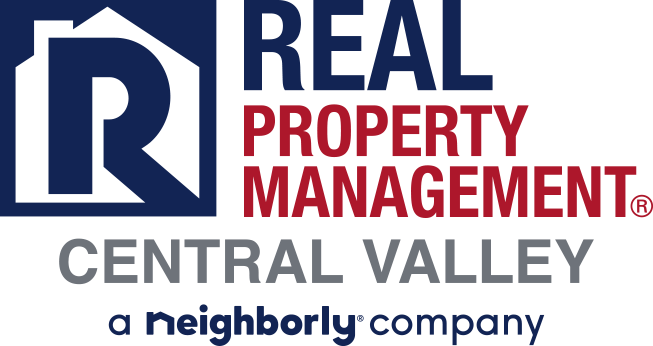What is effective tenant screening?

If you own rental properties you know how hard it can be to properly screen each tenant yourself.
Sadly very few landlords conduct effective tenant screening and they lose more money every year than they should because they didn’t take the time to thoroughly screen each tenant.
With just 23,000,000 landlords serving over 110,000 renters in the United States, one thing is clear- the rental market is doing really well. As a matter of fact, there are more than 2600 new renters every day. Going by these figures, you’re pretty much guaranteed to receive tons of tenancy applications for a good, strategically priced piece of property. Unfortunately, this presents a challenge, combing through all the applications to weed out the ne’er do wells. Of course no one would want to deal with a troublesome tenant, right?
Well, strangely, 23% of landlords do not even bother to conduct credit checks on their applicants, and 49% do not get in touch with past landlords or other references provided. If you thought that’s bad enough, 66% don’t conduct Sex Offender Registry checks. Of course this is great news to shady characters, but potentially detrimental to landlords and other tenants. While a couple of landlords claim that they fail to conduct comprehensive checks because they simply don’t have the time and resources, many of them admit that they just don’t know how to do it.
So, how do you effectively screen your tenants legally?
Federal Laws on Discrimination
We agree that sometimes tenant screening may feel like some form of discrimination, especially to prospective tenants who are eliminated. It’s actually an elimination process, which can only be described as “discrimination” when a landlord breaks any of the discrimination laws. At a time when “discrimination” is progressively gaining a bad flavor in American mouths, it’s critically important for landlords and property managers to acquaint themselves with the laws. Otherwise, you risk having charges filed against you, and possibly losing the good business reputation you’ve struggled to build all along.
According to the federal Fair Housing Act Amendments Act of 1988, and the federal Fair Housing Act of 1968, it’s illegal to screen your tenants on their:
- Gender
- Physical or mental disability
- Family status
- Age (with an exception for senior-citizen communities)
- National origin
- Religion
- Race
- Color
While it’s not really illegal to have a personal preference, acting on any of these grounds is considered punishable by law. To further streamline the process and eliminate any ambiguities, the law prohibits landlords from:
- Terminating tenancies on discriminatory grounds.
- Before or during tenancy, setting different privileges, conditions, terms for tenancy, like requiring a certain group of tenants to pay more rent than the rest.
- Implementing inconsistent rental policies
- Setting more restrictive tenant screening standards on an isolated group of prospects
- Refuse to rent property to a specific group of applicants
- Falsely deny that a vacant unit is available
- Advertise or make any statement that expresses preference based on race, gender, religion, age, family status, national origin, or any other protected groups.
Additionally, although you can eliminate alcoholics and drug addicts during tenancy screening, it’s illegal to discriminate against former drug addicts and recovering alcoholics. Federal laws protect even individuals with prior drug use convictions, and applicants who use drugs or alcohol for medical reasons. Of course this alone presents a challenge in determining whether an applicant is actually a reformed drug addict or not. As a matter of fact, a bulk of drug addicts, especially ones who have been through rehabilitation programs in the past, shield themselves by falsely claiming that they have reformed.
Properties Excluded From Federal Anti-discrimination Legislation
Get Property Management Here
For affordable Central Valley Property Management contact us at (209) 572-2222 or click here to connect with us online.
